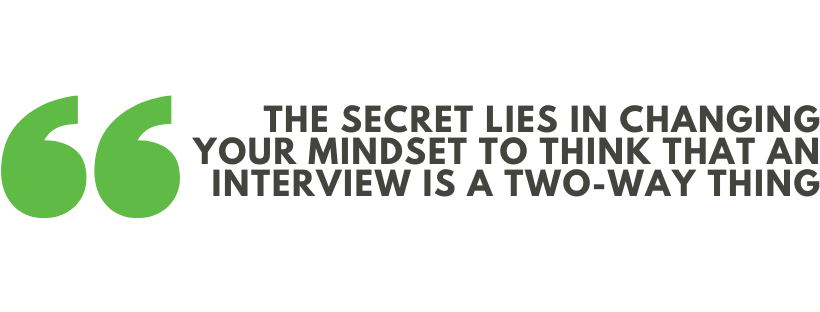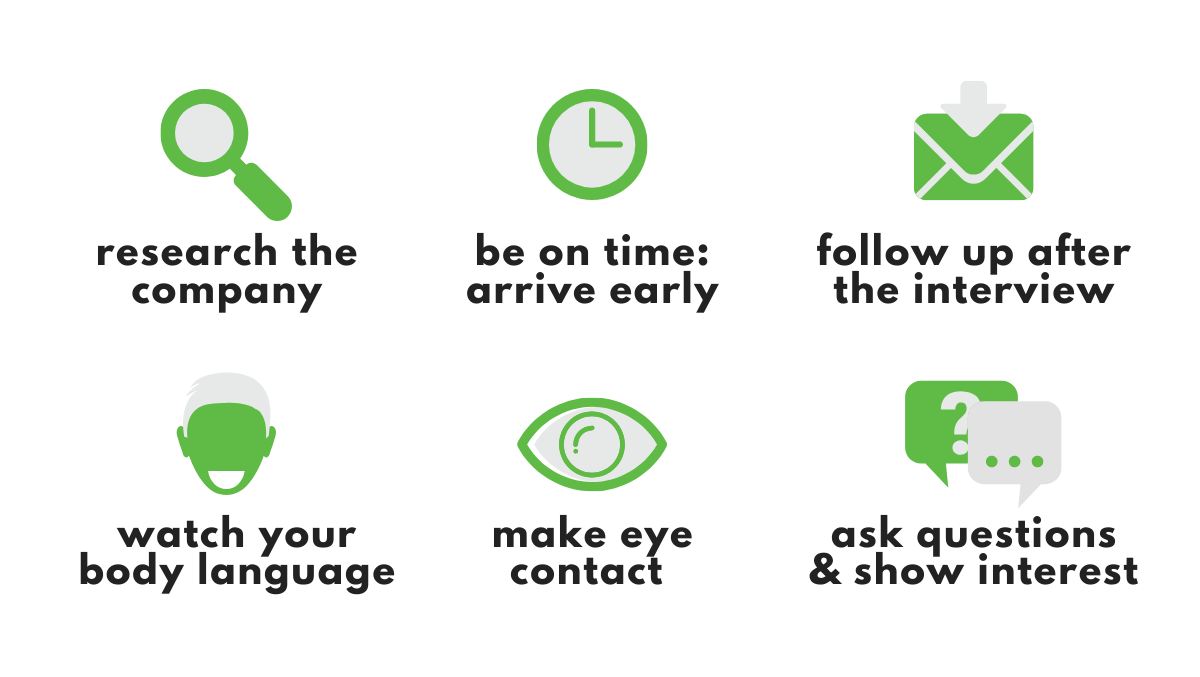by Chris Young, Client Manager, Talent Supply Solutions
Within the last 10 years, Chris has learned a lot about people after living in 3 different countries and doing a lot of travel. He believes in the importance of cultural fit, and his people-first approach makes him especially skilled to help you prepare for your next interview. An experienced recruiter adept to change and taking on new things, he is a multitalented builder, baker and terrible pun maker. Similar to baking a cake, Chris believes that are some basic ingredients to any successful interview dynamic, and he will share these valuable tips with you in this article.
This is not an article about the STAR technique. This is not an article about Competency-based interview techniques, or handshakes, smiling, personal hygiene, timekeeping (although all these things are very important and should be considered). This is an article about perception, preparation, and mindset.
I have worked in recruitment for over 10 years, across NZ, the UK, and even Nigeria (long story for another time). I’ve interacted with so many people, different cultures, and multiple organisations. I’ve had job interviews, client sales meetings, advised students and CEO’s and everything in between and prepared many more candidates for their own job interviews, and throughout that time I’ve figured out (completely non-scientific) a couple of tweaks in your mindset and preparation that make a massive impact when you meet your potential boss for the first/second/ third time.
In my experience, the times I have performed best are when I have remembered one crucial thing – it’s a two-way interview. If you are struggling to find work, or money is tight, or you are desperately trying to leave a job you don’t love any more, it is difficult to remember this aspect, as you get too focused on your own performance. The secret is, interviewers don’t want to have to interview lots and lots and lots of people. They would love it if you were the best person for the job, and they are hoping that you’ll be able to show them that – it would solve a lot of their problems, and they could stop interviewing people and get back to their day job. They want you to be great – that is their starting point.

Once you have changed your mindset to think of the interview as a two-way thing, you start to think things like “what is it about your organisation that makes you such a good employer”; “why should I work with you instead of your competitor”, and “what can your company do to help me develop?”. These thoughts may come across as initially a bit arrogant, but if said in the right way, can show the interviewer that you are thinking about your fit in their business, making them sell the good points of the company back to you (they have chosen to work there, so must have some idea of the positives of the organisation), and makes them understand that it is not just their choice whether to hire you or not. They need to make you want to work for/with them.

And finally, I can’t stress this enough, ask questions. At the very least prepare some written questions beforehand as a good prompt for the end of the interview, but also make notes yourself during the interview, ask follow-up questions, and probing questions. Feel free to ask clarification questions when you are presented with a competency/behavioural scenario. Asking questions of the interviewer has 2 benefits:
1- It shows that you’re actively interested in the role (if you appear to be taking it seriously, you will also be taken seriously); and
2- It gives you a lot more information on which to base your decision and negotiations later when you get offered the role.
Don’t neglect considering your own experience in your preparation, but make sure you spend some time thinking about what you want to get out of the interview (beyond just a job offer).
This article was published on our quarterly issue, "Market Insights". Read the full newsletter here, issue 03 - October 2019, Pause, Engage.

